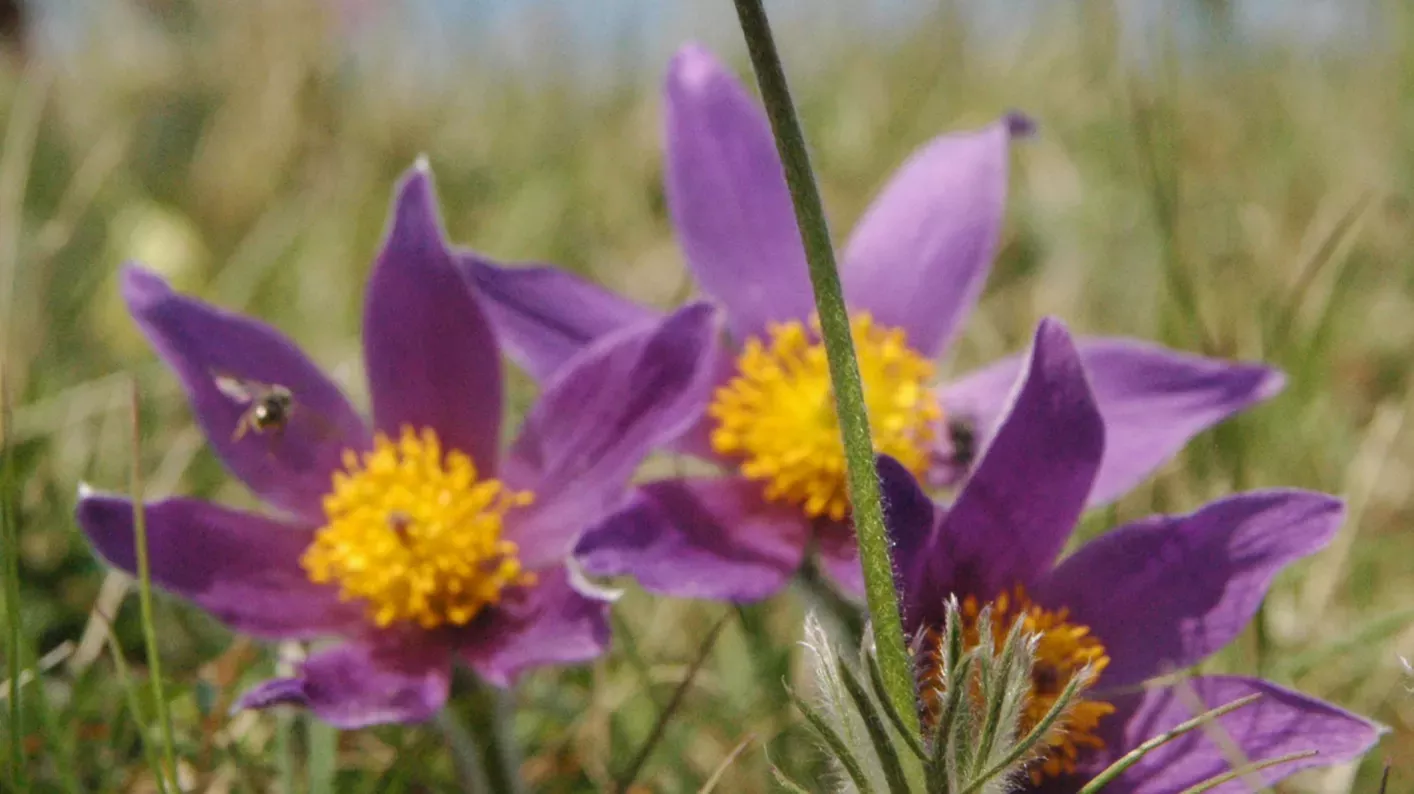
Seed traits for tree production
This project combines research and technical development to investigate germination traits in UK native trees; to understand how these traits vary; and optimise commercial seed quality using high-throughput screening techniques.

This project forms part of Kew's response to the growing need to expand and connect woodland in the UK, increasing the resilience of our woodlands to environmental change and enhancing the carbon sequestration and other ecosystem services they provide.
Unlike most cultivated plants bred for consistency and ease of cultivation, the morphology and germination behaviour of native tree seed is inherently variable. Understanding and predicting this variation will be key to designing efficient production processes to improve germinability, reduce waste and make a wider range of seed available. Furthermore, as the climate warms the germination requirements for some species and/or populations may no longer be met, with profound consequences for the long-term regeneration of woodlands and the diversity of ecosystem services they support.
Work Package 1 - Led by a cross-departmental team at Kew's Millennium Seed Bank, will investigate morphological and germination traits in native trees of production importance, exploring how these vary between populations across the UK. Germination requirements will be modelled against climate change scenarios, supporting adaptive ‘climate-smart’ seed sourcing and the production of climate-resilient planting stock.
Work Package 2 - Led by Elsoms Seeds and Elsoms Trees, will develop the use of high throughput sorting techniques to improve the quality and germinability of commercial tree seed batches. Using trait measurements provided by Kew, it will assess how different combinations of trait parameters can be used to identify and separate non-viable and/or less vigorous seed. It will validate the impacts of selective screening on the germination and vigour of seed batches and consider effects this may have on seedling production, for example through faster or more synchronous germination.
Work Package 3 - An outreach programme delivered by all project partners, will ensure the knowledge, technical expertise and practical experience developed during the project is shared through a range of published outputs, workshops and direct contacts with stakeholders in the tree production industry and woodland research, conservation and restoration community.
Ted Chapman, Partnerships
Efisio Mattana, Ecosystem Stewardship
Charlotte Seal, Trait Diversity and Function
Pablo Gomez Barreiro, Science Operations
- A significant contribution to our knowledge of native tree seed traits, how these vary in response to environmental conditions and how these relate to seed quality and germinability in production environments.
- Enhanced understanding of the potential impacts of climate change on tree seed germination, enabling adaptive ‘climate-smart’ seed sourcing and tree production.
- The development and validation of screening techniques to improve the quality and germinability of tree seed. Improved technologies and better-quality seeds will be essential for efficient automated systems in nursery production, particularly at a time of increasing demand and the reduced availability of labour and crop protection products.
- Building awareness, technical expertise, cross-sectoral collaboration and long-term links between research and tree production in the UK.
The project is funded by the Forestry Commission via the Tree Production Innovation Fund.
